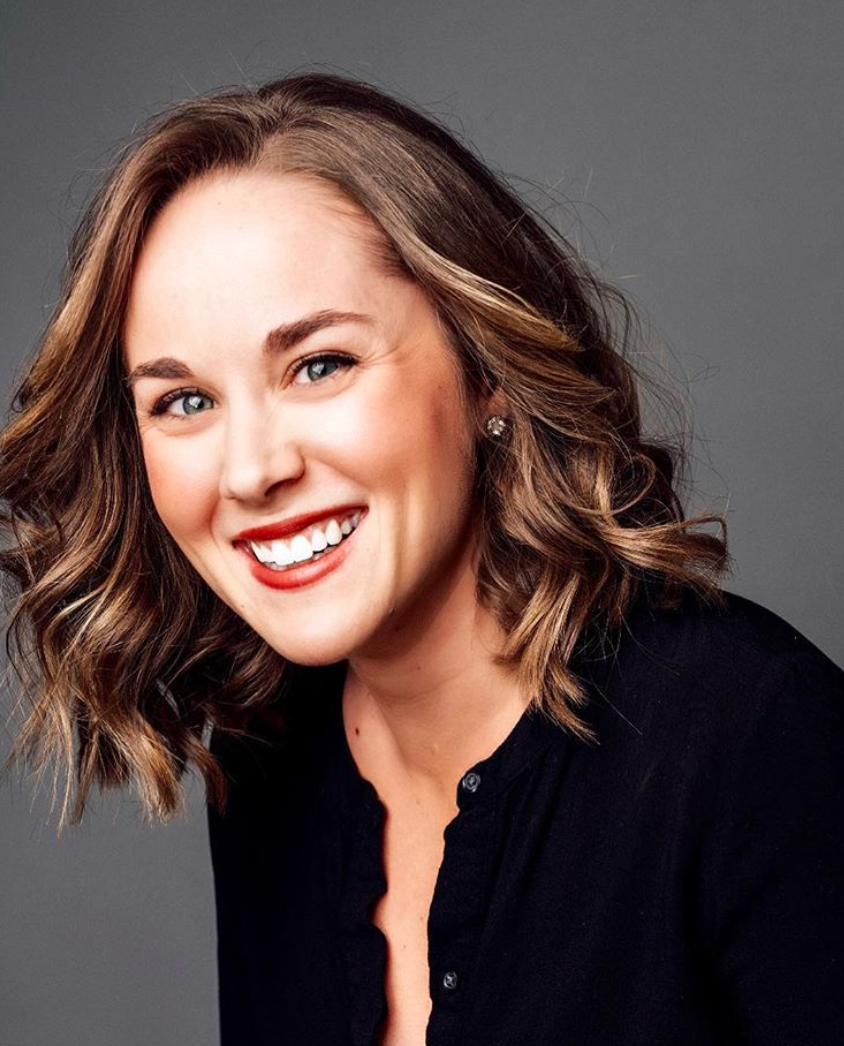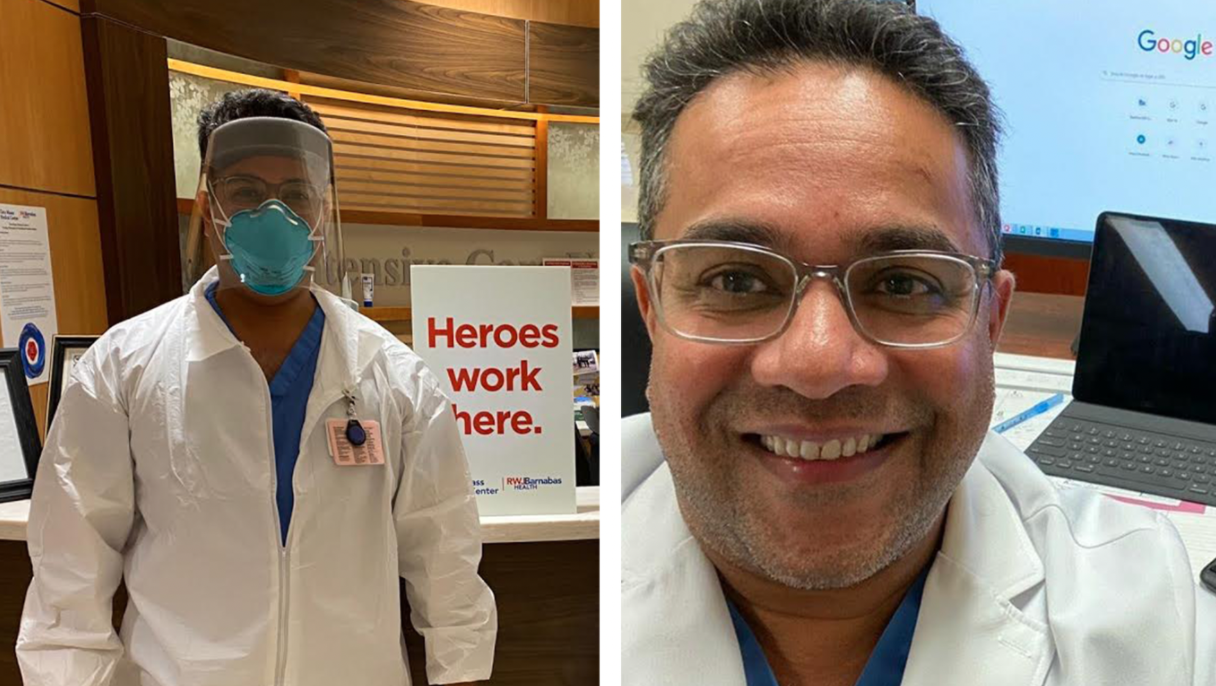Our frontline health workers are the first responders in the fight against the coronavirus. These health professionals will also be our guides and community allies on the road to our full recovery as a healthy nation. Thrive Global is sharing their inspiring stories.
As Chief Medical Officer and bariatric surgeon in Montclair, NJ, Naveen Ballem, M.D., has faced major challenges over the last couple of months. Here, he shares the specific difficulties that come with treating COVID-19 patients, how his hospital has quickly adapted, and the simple steps he takes to protect his own mental well-being.
Thrive Global: What are some of the most stressful challenges you’ve experienced?
Naveen Ballem: This disease process came in so rapidly, and the symptoms evolved to critical levels almost immediately with respiratory failure, kidney failure, and ultimately, cardiac failure. The most stressful challenge has been watching patients get so sick so fast and not being able to do more to help.
The days are long, and we have been in a new normal since the beginning. Clara Maass Medical Center is located only 10 miles outside of New York City, in Essex County, so we felt the impact of COVID-19 immediately. Our ICU volume surged over 400% in a two-week period, and finding the resources to support that surge really required all hands on deck.
However, “all hands on deck” has taken on an entirely new meaning in the midst of COVID-19. From the person who greets you at the front door, to the environmental services staff, who ensure the hospital is safe and sanitized, to the people in dietary services, you realize we are all risking our lives and confronting this disease together.
TG: What are the unique ways you’ve had to adapt to support your patients in these circumstances?
NB: With the pandemic, the hospital system minimized visitors to reduce spreading the COVID-19 infection. Our patient satisfaction team quickly instituted FaceTime calls with patients and their families. We also had doctors and nurses that volunteered to call families daily to give updates. This was a great sight — to see people giving world class care without ever forgetting to be human.
TG: What are some of the ways you’re staying resilient and protecting your own mental well-being? What habits, mindsets, or activities are helping you navigate this time and stay positive?
NB: What has helped me stay resilient through this time has been trying to get in some daily exercise. I’ve made it a priority to get on my Peloton, take an early morning walk with my wife, or ride bikes with my boys every evening. Eating healthy and exercising regularly have been key measures to maintaining my mental well-being. I also visit my parents every day — from the lawn — remaining socially distant and keeping them safe.
If you’re a first responder and want to share your story, email us at [email protected]. If you send a story, video, or pictures, Thrive may publish your submission. You can find more guidelines here.
Your submission may be edited before publication, and a Thrive editor may contact you to hear more about your story. By submitting, you are agreeing to the Thrive Global Privacy Policy.
Click here for information about how Thrive Global is supporting our healthcare workers on the front lines of the coronavirus pandemic, and find out how you can support the cause by donating to #FirstRespondersFirst.


